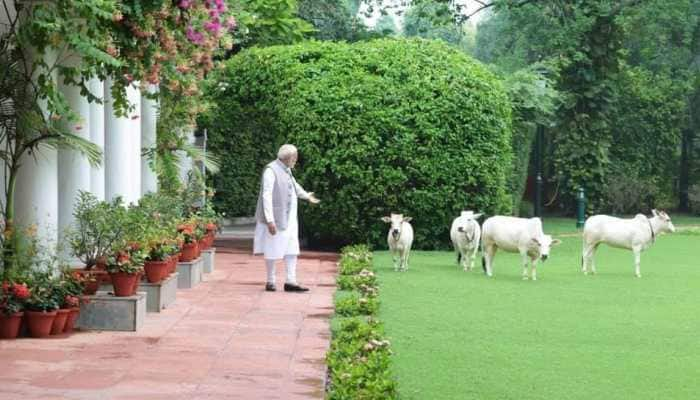Risk burning monetary policy room by 35 bps cut: MPC member
At its last bi-monthly monetary policy review meeting here earlier this month, the Reserve Bank of India's (RBI) MPC voted by a 4:2 margin to cut its repo, or short-term lending rate for commercial banks, by an unprecedented 35 bps to 5.40 per cent.
Trending Photos
)
Mumbai: Voting for a conventional 25 basis points (bps) RBI rate cut in August, as opposed to the majority in the Monetary Policy Committee (MPC), external MPC member Chetan Ghate had said that by agreeing to a 35 bps cut, the RBI could be burning through monetary policy space, the minutes of the last MPC meeting released on Wednesday showed.
At its last bi-monthly monetary policy review meeting here earlier this month, the Reserve Bank of India's (RBI) MPC voted by a 4:2 margin to cut its repo, or short-term lending rate for commercial banks, by an unprecedented 35 bps to 5.40 per cent.
Opposing the four MPC members who voted for a 35 bps cut, Ghate said that
there has been inadequate monetary transmission given the quantum of past rate cuts.
"..the WALR (weighted average lending rate) on fresh rupee loans in the banking system has come down by only 29 bps despite the MPC cutting rates by 75 bps in the February-June window. By a large cut (35 bps), I feel we will be burning through monetary policy space without much to show for it," Ghate said, according to the minutes.
"While the real economy needs some support, we should wait for more transmission to happen," he added.
External member Pami Dua, who also recommended a 25 basis point cut, said that it was also important to recognize that, while monetary policy can impact cyclical factors, it has its "limitations with respect to significantly impacting structural factors".
According to Dua, investment-focused fiscal policy and active continuation of structural reforms were imperative at this juncture to complement the already substantial easing in central bank rates that have been delivered since February 2019.
The rate cut earlier this month was the fourth in succession adding up to a total of 110 bps.
Live Tv







)
)
)
)
)
)
)
)
)
)
